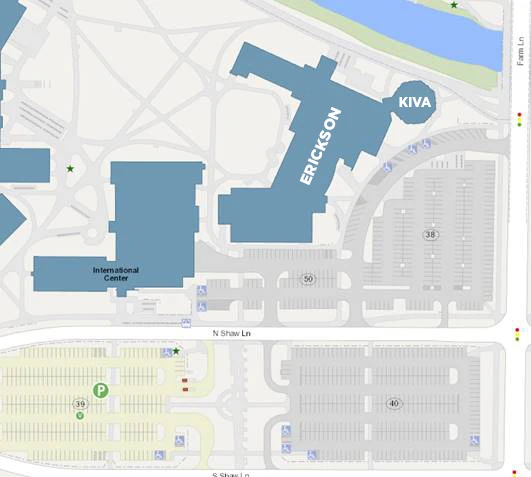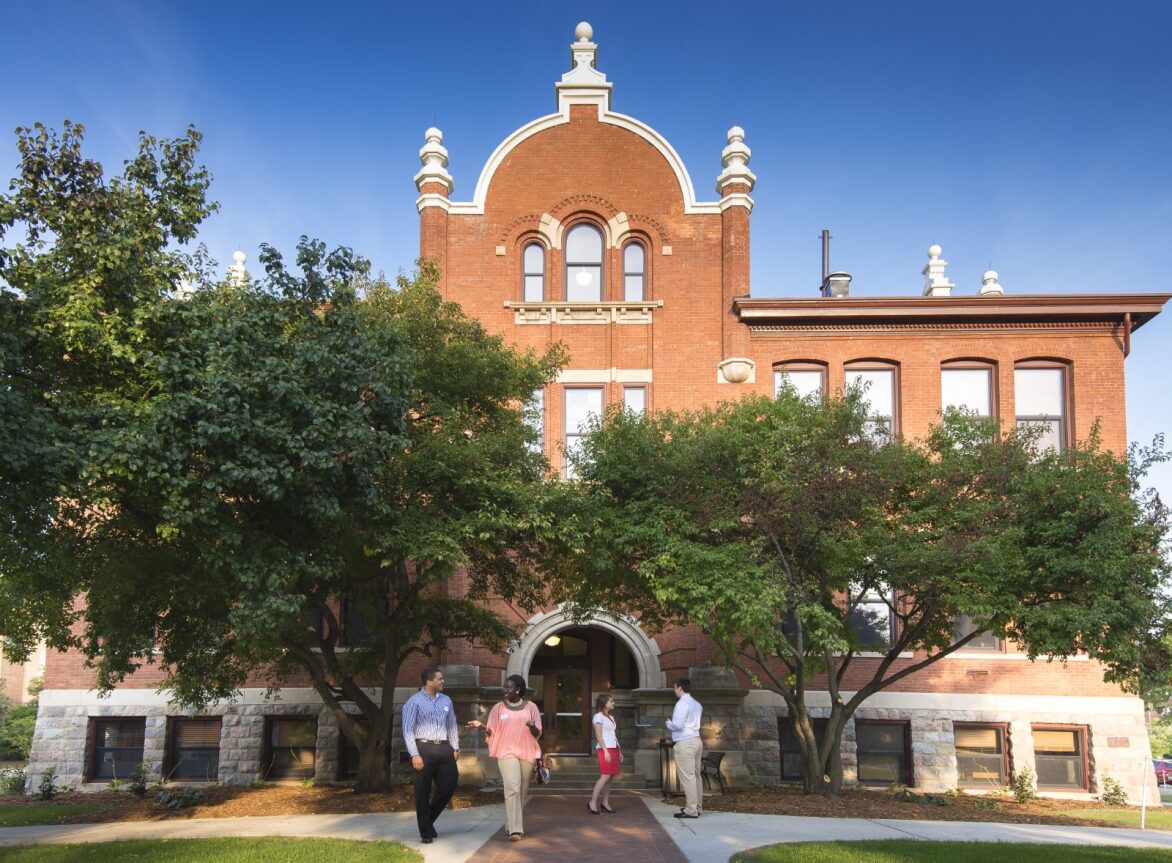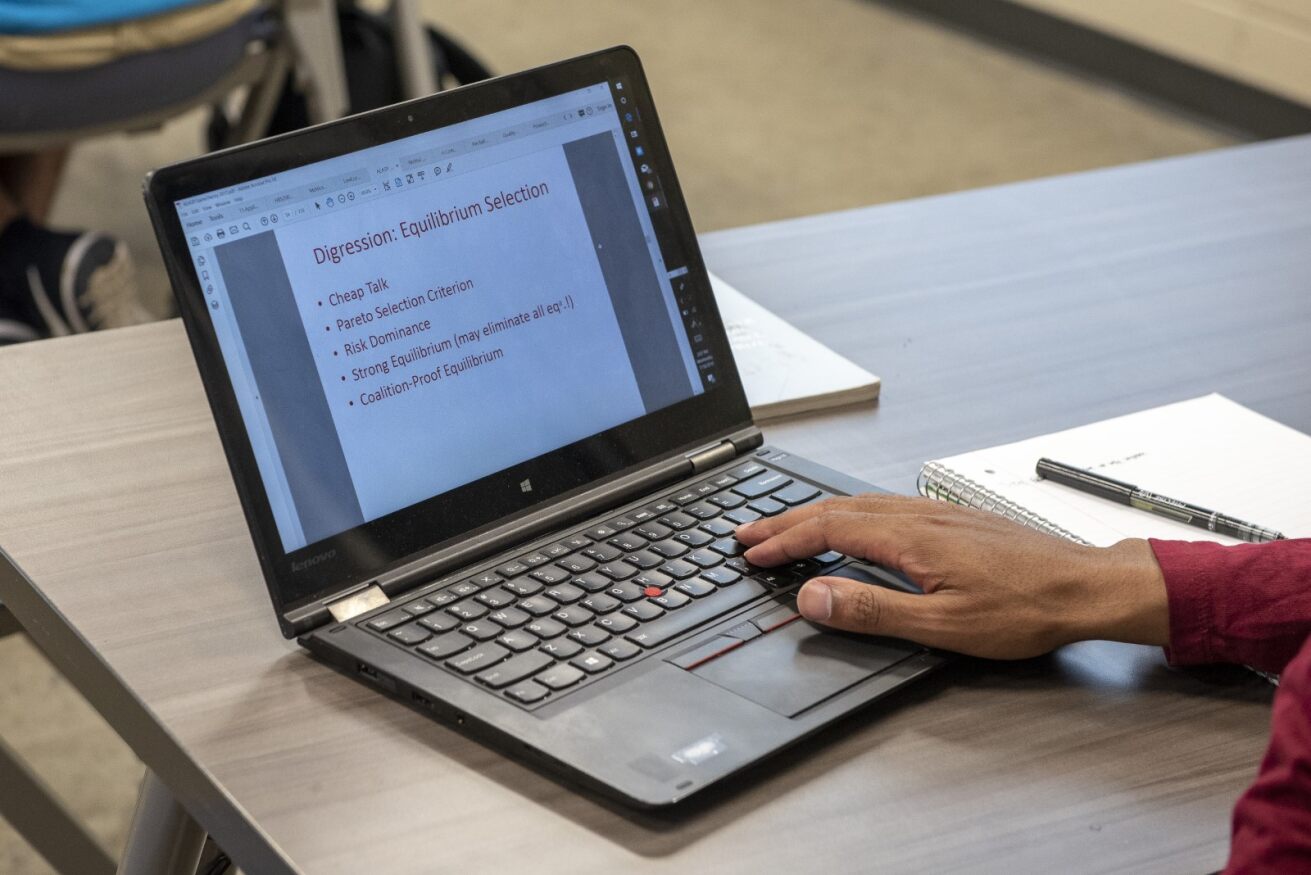Registration
Registration is open for ÊSTIMATE June 6-9, 2025. The workshop will be held in person with the option to attend virtually.
Course Fees
MSU students - $200 ($250 after May 15)
MSU faculty - $600 ($700 after May 15)
Non-MSU students and MSU Alumni - $500 ($600 after May 15)
General - $800 ($900 after May 15)
Group discounts are available when five or more people from the same organization register. For more information regarding this discount, please email estimate@econ.msu.edu.
NOTE: Please make sure your browser pop-up blocker is turned off before clicking the "Register Now" button. Failure to do so could block the registration window.
Meet the Faculty
Timothy J. Vogelsang
Timothy J. Vogelsang is the Frederick S. Addy Distinguished Professor of Economics at Michigan State University, where he has taught since 2006. He was the 1999 recipient of the Humanists and Social Scientists Teaching Award from the School of Arts and Sciences at Cornell University. Dr. Vogelsang’s expertise is in time series econometrics and he has published widely in top journals such as Econometrica, American Economic Review, Journal of Econometrics, International Economic Review and Journal of the American Statistical Association. He has served as an associate editor for a number of these journals.
Jeffrey M. Wooldridge
Jeffrey M. Wooldridge is University Distinguished Professor of Economics at Michigan State University, where he has taught since 1991. He received three graduate teacher of the year awards at the Massachusetts Institute of Technology from 1986 to 1991. Dr. Wooldridge has published dozens of articles in scholarly journals and is the author of two highly successful textbooks, "Econometric Analysis of Cross Section and Panel Data" and "Introductory Econometrics: A Modern Approach." He is also well-known for the short courses on econometrics he has taught for the American Economic Association, for the NBER and across the globe.
ÊSTIMATE Frequently Asked Questions
We have no funding available to support attendees. The proceeds from this short course are used to help support our graduate students. In future years, this course may be offered in different locations or in conjunction with a national or international meeting and if/when we do, it will be advertised extensively.
Approximately a week before the course starts, a zipped file of the slides will be emailed to all the participants.
Please send your name and full mailing address to estimate@econ.msu.edu and a letter will be emailed to you. Please specify if you also need a hard copy. Note that we do not have an official University stamp (or certified copy) available for sending.
Because of the condensed timeframe for this course, it is taught strictly in the form of lectures ,and copies of all course slides are provided. Some attendees bring computers so they can view the slides on them or so that they can test out some of the knowledge learned in the evening but there is no hands-on time available during the course itself.
The Monday Stata session allows the instructors to focus on empirical implementation topics using Stata and example data sets that are not covered during the lectures. Participants who attend this session should bring a laptop.
All are welcome to register for ÊSTIMATE. However, to fully benefit from the workshop, we recommend that participants have an econometrics background comparable to a first-year Ph.D. econometrics sequence.
By way of example, the topics covered in the first year econometrics sequence at MSU (EC820A, EC820B) include: Statistical tools for econometrics. Applications of statistical tools, including probability distributions, estimation, hypothesis testing, asymptotic theory and maximum likelihood to econometric problems. The single equation regression model. Properties of least-squares estimators under various specifications. Multicollinearity, generalized least-squares, errors in variables, seemingly unrelated regressions. Identification and estimation in simultaneous equations models.
Pay by Plate Parking (see instructions on how to park this way below).
“Pay by Plate” parking is available at Lot 39 (south of the International Center – in yellow on the bottom left of screenshot below). You must park in a space designated as a “Pay by Plate” parking space. Signage has been installed in these areas. Immediately after parking, follow directions on the "Pay by Plate" signs - you'll need your license plate number and payment card.
Note: Parking spaces not marked as “Pay by Plate” may be reserved for permit parking. Parking in a space not designated as ”Pay by Plate” parking may result in a parking violation.

The registration fees include continental breakfast on Friday and Saturday and coffee/snacks during breaks. Participants are responsible for their own lunch and dinner outside of those meals
We have some rooms blocked at a conference rate of $125 per night at the Kellogg Hotel and Conference Center. This rate is effective up to May 3, 2024. When booking, please provide the code: 2406DEPAR2.
The course is being taught at Erickson Hall (620 Farm Lane, East Lansing, MI 48824) in the large room on the north side of the building (nearest the river) called the “Kiva,” Room 103 Erickson. There are a number of hotels within walking distance. Some offer shuttle service but you would need to contact the hotel directly.
Restaurants on campus:
For recommended dining hall hours, pricing and menus, visit https://eatatstate.msu.edu
Phillips/Snyder Hall
About a five-minute walk from the Kiva (Erickson Hall), in Phillips/Snyder Hall, there is a group of restaurants (called “The Gallery”) and you pay one fee for access to all foods served there.
To get to The Gallery from workshop, go north on Farm Lane to the first traffic light and then turn east (right) onto Auditorium. Approximately one block later, when you reach Physics Road, curve to the left and go north and Phillips/Snyder will be just a short walk north and on your right.
Brody Square
If you’re staying at the Kellogg Center, there is another campus location with a similar set-up across the street (Harrison) in the Brody Complex. It’s called “Brody Square”
Crossroads Food Court - MSU International Center
Just west of Erickson, there is Crossroads Food Court in the International Center (located in the back of that building).
For additional information, contact us:
ÊSTIMATE
Department of Economics
Michigan State University
486 W. Circle Dr. Room 110
East Lansing, MI 48824
Phone: (517) 355-7583
Email: estimate@econ.msu.edu

